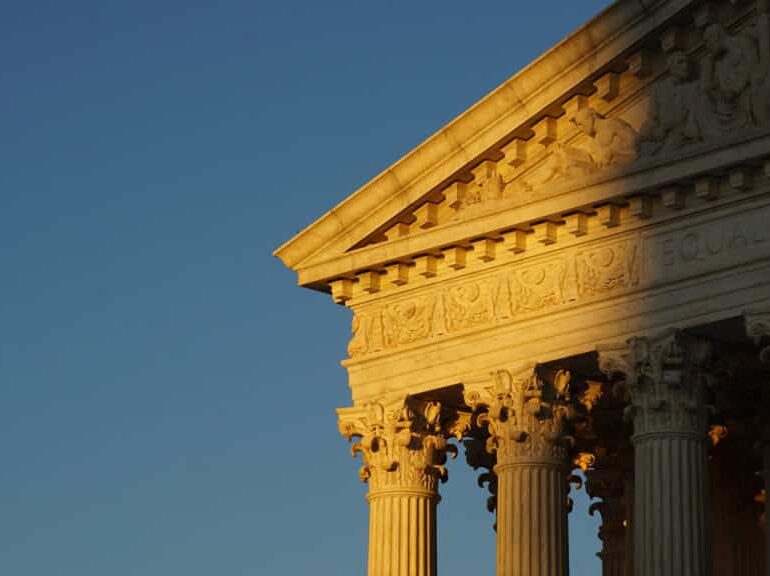
Federal Judges Protect and Defend Precedent
A nominee for a seat on a U.S. Court of Appeals revealed exactly why we can’t count on federal judges to “protect and defend” the Constitution. Their commitment is to protect and defend past court precedent.
Joe Biden nominated Eunice C. Lee, for a seat on the United States Court of Appeals Second Circuit. During her confirmation hearing before the Senate Judiciary Committee, Sen. John Kennedy (R-La.) asked Lee about her philosophy on constitutional interpretation.
“Do you think the United States Constitution should be interpreted according to how people understood it at the time it was adopted.”
Her initial response is telling.
“With regard to the interpretation of the Constitution, should I be confirmed as a circuit judge, I’ll be bound by the Supreme Court and Second Circuit [precedent.]”
She didn’t get the word “precedent” out. Kennedy didn’t let her finish. But that was where she was going with her answer. Kennedy knew it and pointed out that the White House always coaches nominees to appeal to precedent.
And as Kennedy pressed, Lee stuck to this line of argument.
This should come as no surprise. This is how lawyers think. Court precedent always trumps the original meaning of the Constitution. This is why we can’t depend on “good judges” to reassert constitutional principles or more broadly protect our rights.
Lee eventually said that where no governing precedent exists, sometimes you should interpret the Constitution based on original understanding, and sometimes, you should interpret it some other way that she never really articulated.
Thomas Jefferson and Jame Madison both insisted the only legitimate way to understand the constitution is based on original meaning.
Jefferson wrote:
“On every question of construction let us carry ourselves back to the time when the Constitution was adopted, recollect the spirit manifested in the debates, and instead of trying what meaning may be squeezed out of the text, or intended against it, conform to the probable one in which it was passed.”
And in a letter to Henry Lee, Madison wrote:
“I entirely concur in the propriety of resorting to the sense in which the Constitution was accepted and ratified by the nation. In that sense alone it is the legitimate Constitution. And if that be not the guide in expounding it, there can be no security for a consistent and stable, more than for a faithful exercise of its powers. If the meaning of the text be sought in the changeable meaning of the words composing it, it is evident that the shape and attributes of the Government must partake of the changes to which the words and phrases of all living languages are constantly subject. What a metamorphosis would be produced in the code of law if all its ancient phraseology were to be taken in its modern sense!”
I’m pretty certain they don’t teach this in law school.
I’m often told that I need to vote for this or that presidential candidate so we can get the “right judges” on the Supreme Court.
Lee’s testimony exemplifies the problem with this strategy. Even the “right” federal judges aren’t going to uphold the Constitution and protect your rights. They uphold precedent – most of it bad. The system as it exists rejects the Constitution as ratified and rests on the opinions of past opinions propagated by other politically connected lawyers. It is set up to protect and expand the powers of government. Your rights aren’t really part of the equation.
No sane political system vests so much power in nine politically-connected lawyers.
The American founding generation certainly didn’t.
By: Mike Maharrey